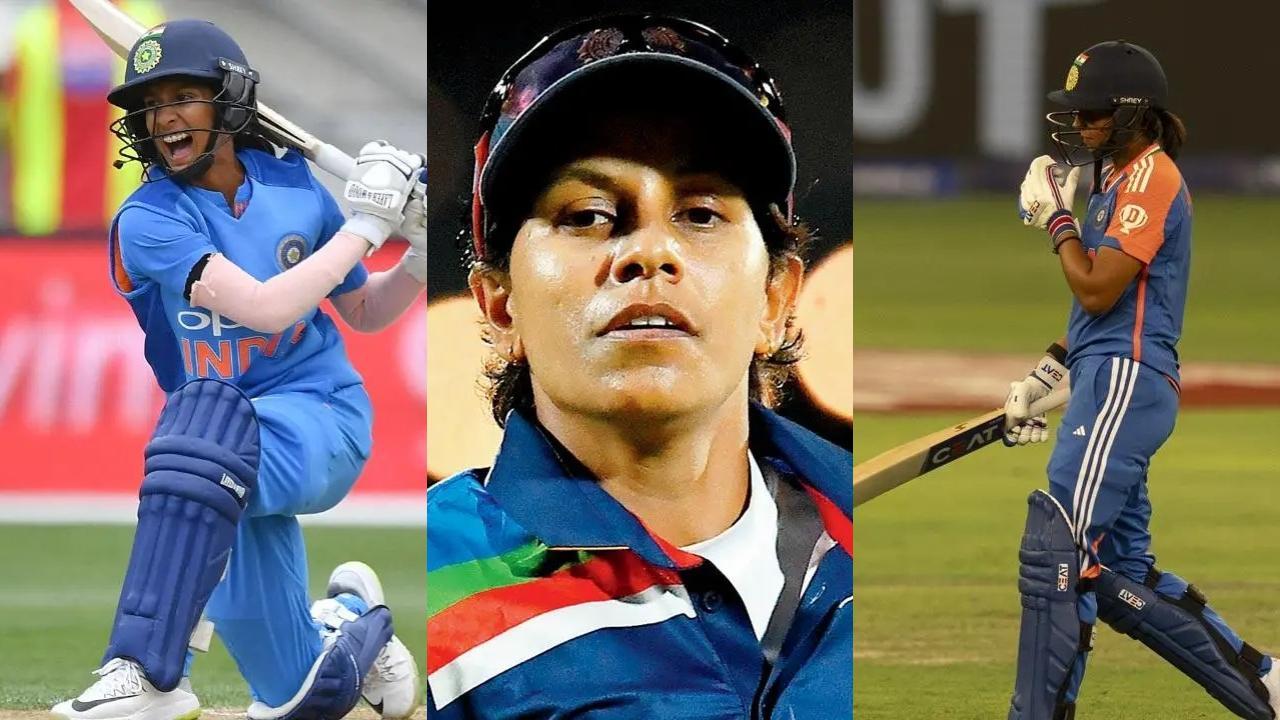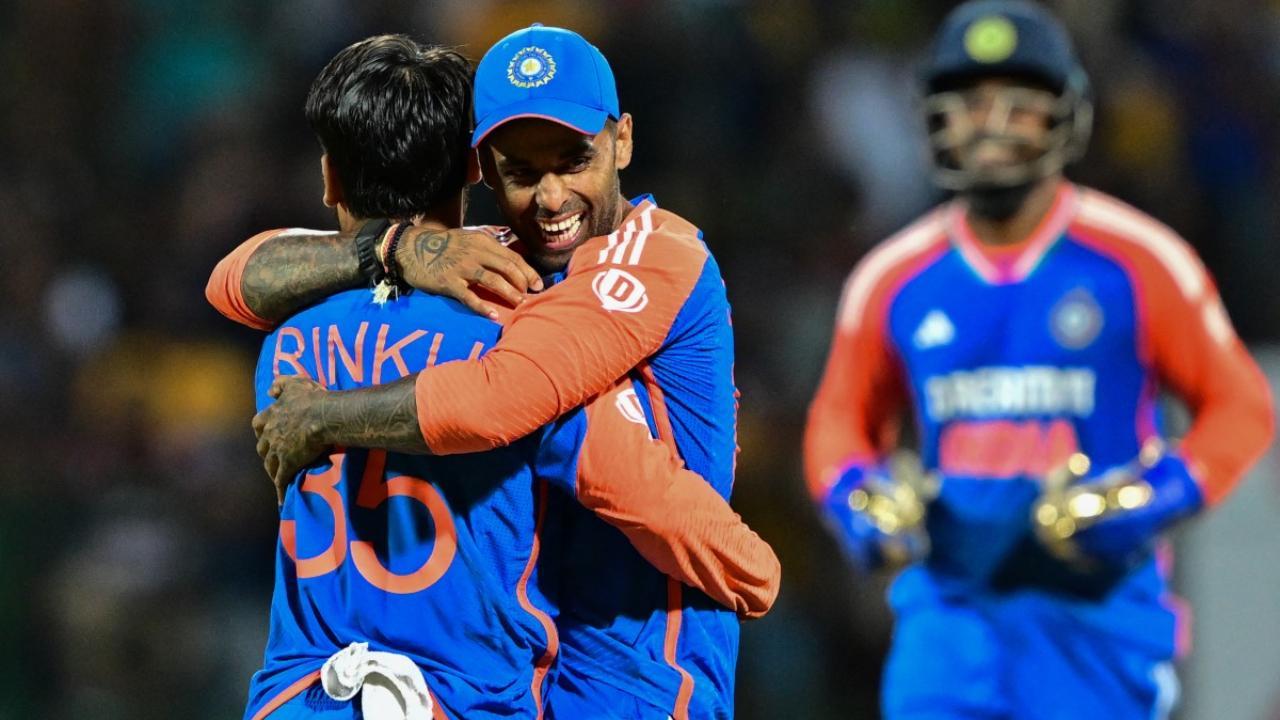
has carried out its most intense air strikes on southern in nearly a year of war, raising tensions with Hezbollah and fears of a full-scale war Israel's military said jets struck hundreds of multiple-rocket-launcher barrels in southern Lebanon on Thursday that were set to be fired immediately toward Israel. The bombardment included more than 52 strikes across southern Lebanon after 9pm, Lebanon's state news agency NNA said. Three Lebanese security sources said these were the heaviest aerial strikes since the conflict began in October.
There were no immediate reports of casualties. Israel's military has vowed to continue to attack Hezbollah and said its strikes throughout Thursday hit about 100 rocket launchers plus other targets in southern Lebanon. Meanwhile, the has called for an urgent diplomatic solution while the has called for an immediate ceasefire between Israel and the Lebanese armed group.

The is "afraid and concerned about potential escalation," White House spokesperson Karine Jean-Pierre told a briefing. The intense barrage on Thursday follows , killing 37 people - including two children - and wounding more than 3,000 others. The attacks have been blamed on Israel’s spy agency by Lebanon and Hezbollah.
In a TV address on Thursday, Hezbollah leader Hassan Nasrallah said the device explosions on Tuesday and Wednesday "crossed all red lines". "The enemy went beyond all controls, laws and morals," he said, adding the attacks "could be considered war crimes or a declaration of war." Israel has not directly commented on the pager and radio detonations, which security sources say were probably carried out by its Mossad spy agency, which has a long history of carrying out sophisticated attacks on foreign soil.
The Lebanese mission to the said in a letter to the Security Council on Thursday that Israel was responsible for detonating the devices via electronic messages and explosives implanted in them before they arrived in Lebanon, in line with theories that have circulated since the explosions. The 15-member Security Council is due to meet on Friday over the blasts. Lebanese Prime Minister Najib Mikati called on the Security Council to take a firm stand to stop Israel's "aggression" and "technological war".
As Nasrallah's broadcast aired, deafening sonic booms from Israeli warplanes shook Beirut. Israeli Defence Minister Yoav Gallant said late on Thursday that Israel will keep up military action against Hezbollah. "In the new phase of the war there are significant opportunities but also significant risks.
Hezbollah feels that it is being persecuted and the sequence of military actions will continue," Gallant said in a statement. "Our goal is to ensure the safe return of Israel's northern communities to their homes. As time goes by, Hezbollah will pay an increasing price," Gallant said.
Prime Minister convened his close circle of ministers for consultations, Israel's Channel 13 News reported. Two Israeli soldiers were killed in combat on Thursday in Israel's north, the Israeli military said..












